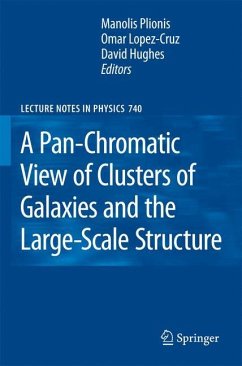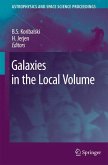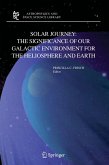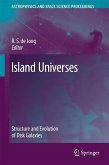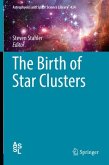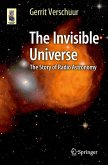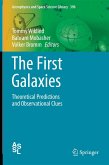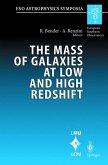The study of clusters of galaxies has advanced tremendously in the recent years due to the advent of large or dedicated ground-based telescopes, the increasingly sensitive space observatories and the significant advances in numerical astrophysics and cosmology.
The current generations of large spectroscopic and wide-field imaging survey and ongoing multi-wavelength studies, covering a large range of the electromagnetic spectrum from X-rays to the sub-mm and the radio, are making major breakthroughs in our understanding of galaxy
aggregation and transformation processes in different environments, on the properties of the tenuous ICM gas, on the starburst activity and on revealing environmental effects on galaxy formation and evolution.
The reviews presented in this volume cover a wide-range of cluster of galaxies topics like the physics of the ICM gas, the internal cluster dynamics, the detection of clusters using different observational techniques, the great advances in analytical or numerical modeling of clusters, weak and strong lensing effects, the large scale structure as traced by clusters, the cosmological significance of clusters as well as the formation and evolution of clusters within the new cosmological paradigm.
This volume is aimed towards the researchers and senior graduate students in multi-wavelength astrophysics and cosmology.
The current generations of large spectroscopic and wide-field imaging survey and ongoing multi-wavelength studies, covering a large range of the electromagnetic spectrum from X-rays to the sub-mm and the radio, are making major breakthroughs in our understanding of galaxy
aggregation and transformation processes in different environments, on the properties of the tenuous ICM gas, on the starburst activity and on revealing environmental effects on galaxy formation and evolution.
The reviews presented in this volume cover a wide-range of cluster of galaxies topics like the physics of the ICM gas, the internal cluster dynamics, the detection of clusters using different observational techniques, the great advances in analytical or numerical modeling of clusters, weak and strong lensing effects, the large scale structure as traced by clusters, the cosmological significance of clusters as well as the formation and evolution of clusters within the new cosmological paradigm.
This volume is aimed towards the researchers and senior graduate students in multi-wavelength astrophysics and cosmology.

